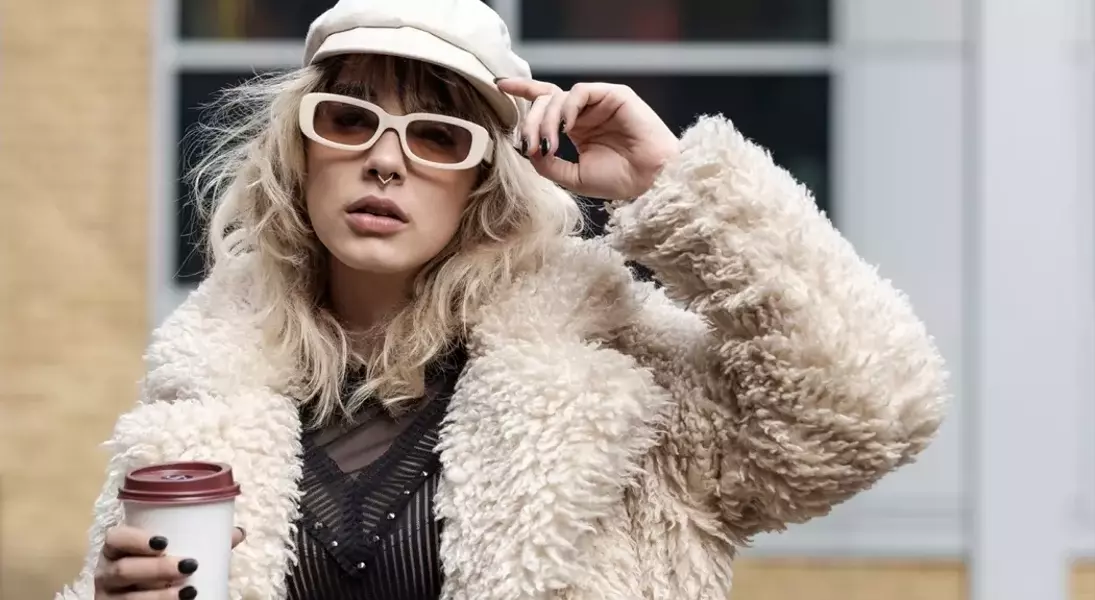
The global beauty market is witnessing a significant shift in spending patterns, with Generation X currently leading the charge. However, it's the Millennials who are poised to shape the future of this industry. A joint report by NielsenIQ (NIQ), World Data Lab, and Spate reveals that while Generation X will dominate the beauty sector between 2024 and 2034, their influence will gradually be surpassed by Millennials, who will lead the market's expansion over the next decade.
Much of the anticipated growth in the beauty market can be attributed to the changing preferences and increased spending power of Millennials. By 2034, they are expected to account for 24% of global beauty expenditures, outpacing Generation X. The skincare and haircare segments have already seen a surge in Millennial spending, both in the United States and internationally. Notably, more than half of Millennials frequently consider their appearance and favor natural ingredients or food-based products as part of their daily routines. Moreover, the demand for aesthetic services among Millennials is projected to grow significantly by 2034, particularly in Europe, where 57% of European Millennials allocate their beauty budget to these services rather than makeup.
Millennials' influence extends beyond traditional beauty products; they are also driving trends on platforms like TikTok. Hashtags such as #makeupover30 have gained immense popularity, growing by 194.9% year-over-year, indicating a rising interest in age-specific beauty solutions. Meanwhile, Generation X remains the top spender in beauty care, with an expected increase of $150 billion in beauty expenditures over the next ten years. This generation shows a strong commitment to beauty, especially in skincare, which is forecasted to grow at an annual rate of 4.9%, contributing $26.8 billion to the market. Convenience plays a crucial role in Generation X's purchasing decisions, with many opting for one-stop shops like Amazon or hypermarkets. Additionally, TikTok has become a platform for Generation X to explore makeup trends, with videos gaining 53% more views and hashtags like #over40makeup attracting millions of viewers.
Beyond financial contributions, both Millennials and Generation Z prioritize health, environmental sustainability, and social justice when making beauty purchases. Millennials are more likely to choose products with minimal environmental impact, while Generation Z favors items that support at-risk communities and minorities. This focus on ethical consumption underscores a broader trend towards responsible and conscientious shopping practices within the beauty industry. The report predicts unprecedented growth in the global beauty market, reaching an additional $700 billion by 2034, with Asia contributing $310 billion. As Millennials spearhead this expansion, generating $193 billion in new beauty spending, the industry stands on the brink of a transformative era.
